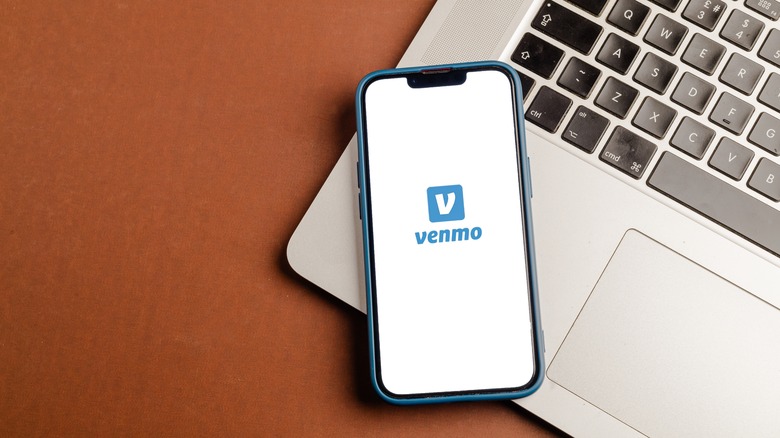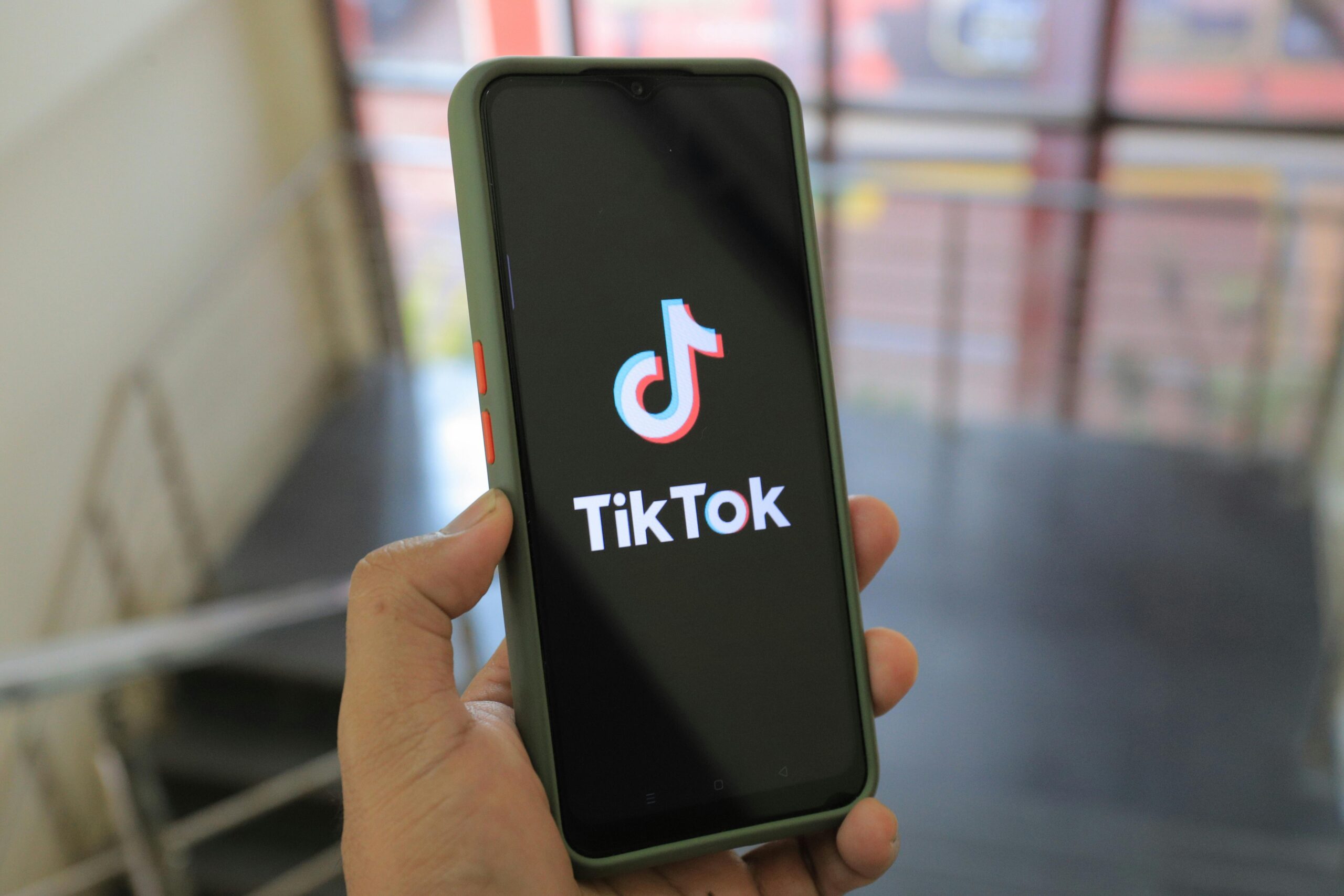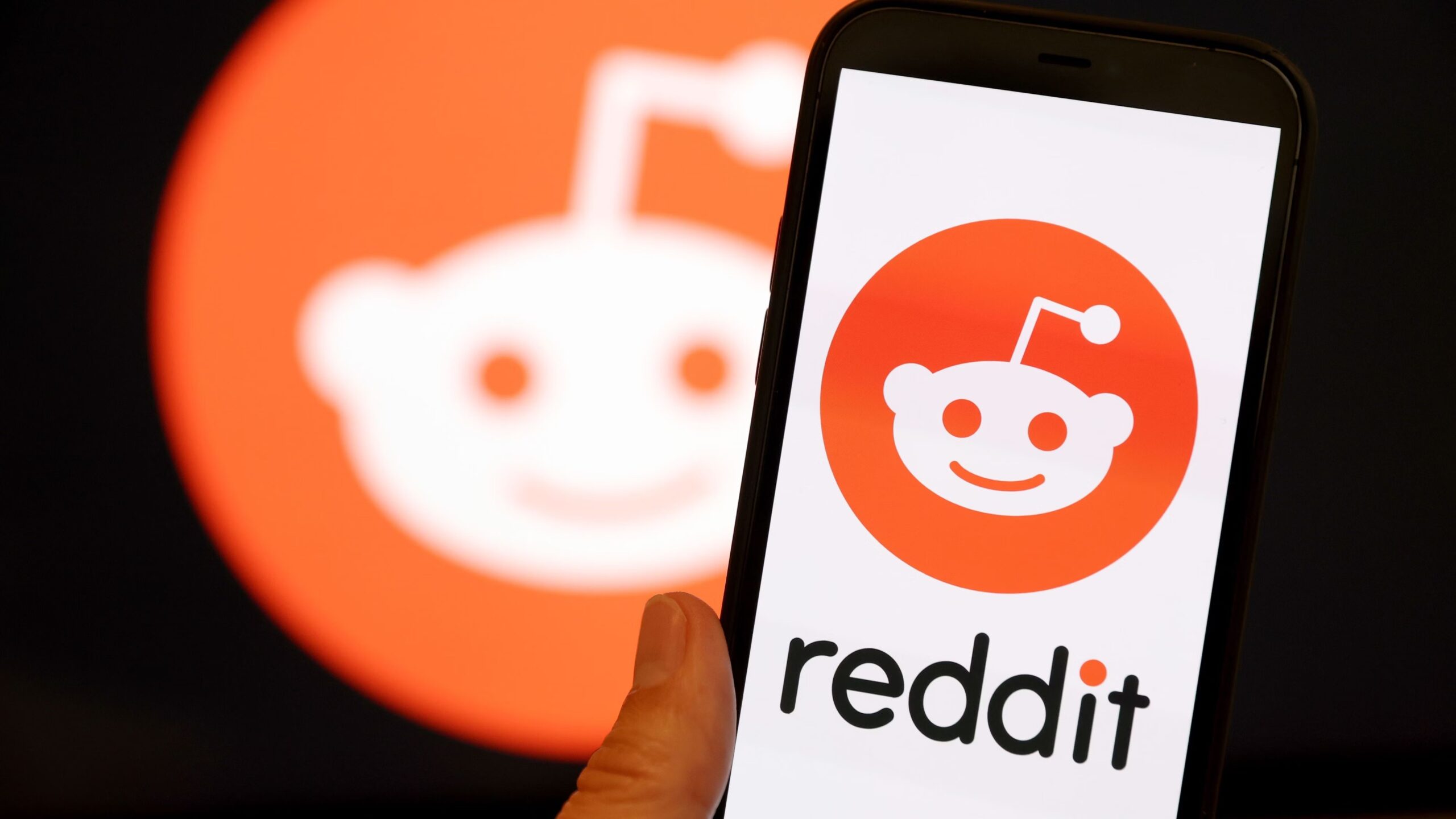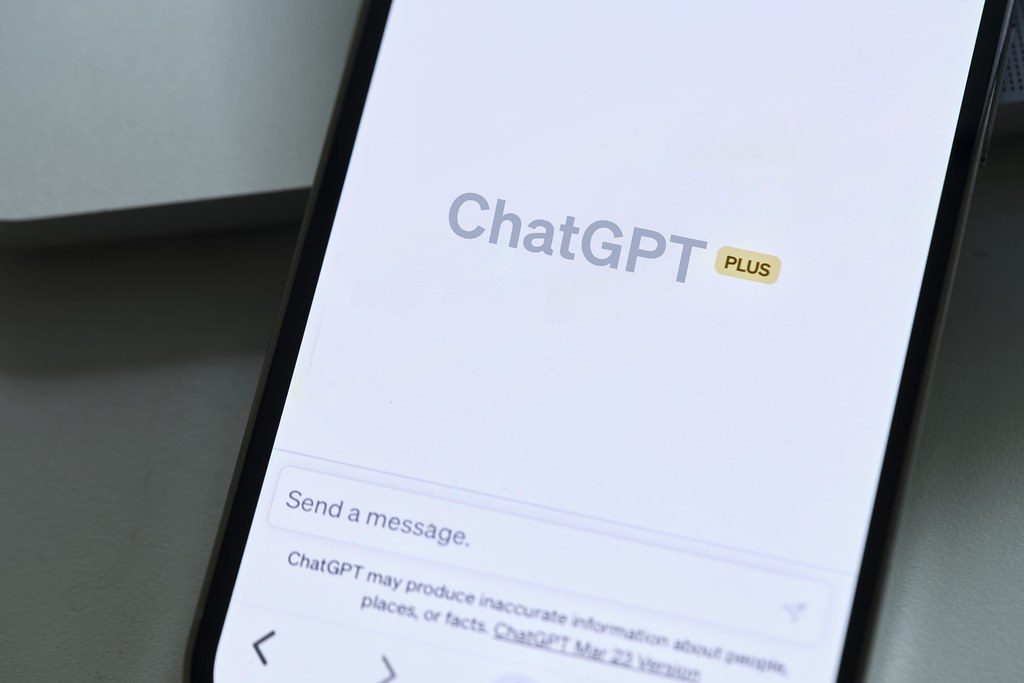The Consumer Financial Protection Bureau (CFPB) has filed a lawsuit against Walmart and payroll service provider Branch Messenger, alleging they engaged in deceptive and abusive practices affecting gig workers.
The complaint, filed in the U.S. District Court for the District of Minnesota, centers on Walmart’s Spark delivery drivers, who were reportedly forced into using Branch Messenger accounts for payments under misleading and unauthorized circumstances.
Though Walmart does not operate as a traditional bank, it partners with financial institutions to offer services like Walmart-branded credit cards, money transfers, check-cashing, and prepaid debit cards. This lawsuit highlights a unique case involving Branch Messenger, a payroll provider, and Walmart’s financial services partnerships. The complaint alleges that Walmart required drivers to use these accounts to receive payments, often without their informed consent.
According to the CFPB, Walmart opened Branch accounts using drivers’ Social Security numbers without their consent. These accounts, often mandatory for payment, came with high fees, including charges of $2.99 or 2% per transaction, whichever was greater. Despite promising same-day payments through the platform beginning in July 2021, Walmart allegedly failed to deliver on these assurances.
The CFPB claims the practices violated the Consumer Financial Protection Act of 2010, describing them as unfair, deceptive, and abusive. CFPB Director Rohit Chopra condemned the alleged conduct, stating, “Walmart made false promises, illegally opened accounts, and took advantage of more than a million delivery drivers. Companies cannot force workers into getting paid through accounts that drain their earnings with junk fees.”
For over two years, Spark delivery drivers voiced concerns about being compelled to use Branch Messenger accounts, often without alternatives for direct deposit into their preferred banks or credit unions. The CFPB alleges that Walmart threatened termination for drivers who resisted using these accounts, adding further pressure.
This case underscores growing scrutiny over how companies handle gig workers’ compensation, particularly when financial arrangements limit autonomy or impose hidden costs. Both Walmart and Branch Messenger have yet to issue statements in response to the lawsuit.











